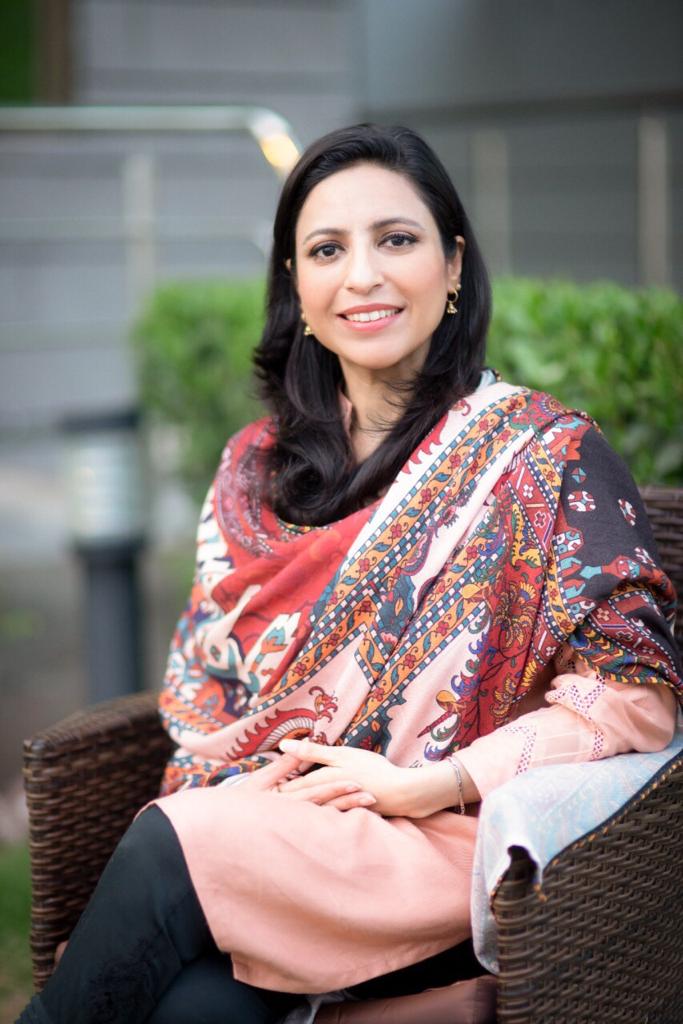Bio

Ms. Asia Ashraf, from Pakistan, holds a master’s degree in applied psychology (2003) from Punjab University, and she completed a one-year fellowship in Substance Abuse, Education, Treatment, Policy and Prevention from Virginia Commonwealth University, USA (2015-2016). Ms. Ashraf is a national trainer on the Universal Treatment Curriculum for the UNODC and the Colombo Plan Drug Advisory Program, and she is an internationally certified addiction professional (ICAP-II) from GCCE, Sri Lanka. She is currently serving as the director of rehabilitation and as consultant psychologist at Greenfield Hospital of Psychiatry. In this position, Ms. Ashraf conducts counseling, relapse prevention training, capacity-building of addiction professionals and orientation sessions for volunteers and mental health trainees. Ms. Ashraf is a core team member of the Gender Working Group, World Federation Against Drugs (WFAD) which works to address illicit drug use among women, gender-based violence and its relationship with illicit drug use and access to health care, treatment and recovery services for women. She also launched the first Recovery Club in Islamabad, Pakistan; an open, free, safe space for persons in recovery. Ms. Ashraf is member of VNGOC Asia-Pacific working group and recently was elected secretary to the Vienna NGO Committee on Drugs (VNGOC) board.
Abstract
The Hubert H. Humphrey Fellowship Program at Virginia Commonwealth University
The Hubert H, Humphrey Fellowship Program was established in 1978 to honor the accomplishments of the late US Senator and Vice President, Hubert H. Humphrey. It is a Fulbright exchange activity that brings accomplished professionals from selected countries to the U.S. at a mid-point in their careers for a year of study and professional experiences.
Fellows are nominated by U.S. Embassies and Fulbright Commissions based on their potential for leadership in a wide range of fields. Fellows participate in a variety of educational and training experiences including academic coursework, a specially designed seminar, conferences and workshops, cultural excursions, and a professional affiliation with an organization in their particular areas of interest.
Now completing its 16th year, the primary focus of the VCU Humphrey Fellowship Program is on drug abuse prevention, treatment and policy. Since its initiation, the VCU program has had a strong record of accomplishments. Evaluation results indicate that at one year following completion of their fellowship, nearly 70% of the fellows had started a new job, with approximately 70% of those fellows reporting that their fellowship helped them obtain their new position. In addition, a large percentage of fellows continued to actively engage in professional development activities, including approximately 20% of fellows who had enrolled in an academic degree program. Finally, nearly 40% of the fellows continued to collaborate with a US partner after completing their fellowship.
In this session, the director of the VCU Humphrey Fellowship Program, Dr. J. Randy Koch, will provide an overview of the goals, structure and content of the training program, and one of the program’s alumni will describe how his/her participation in the program increased his/her ability to advance the field of drug abuse prevention, treatment and policy.
(This work is supported in part by the Humphrey Fellowship Program under a granfrom the U.S. Department of State, Bureau for Educational and Cultural Affairs. The work reflects the views of the authors and not necessarily the views of their employers or the Department of State.)
